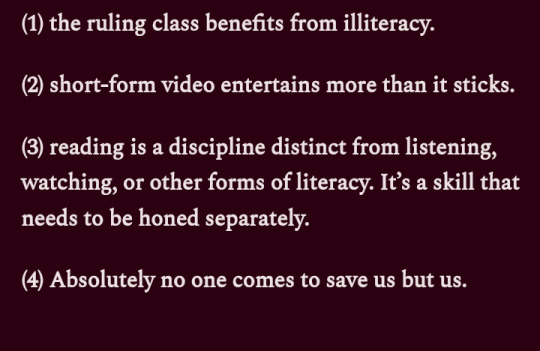Text
Check out this post… "Are you being manipulated with double speaking?".

#relationship#blogging#black love#blog#international relations#book blog#relationship advice#black tumblr#dating advice#toxic love#no love#lol#love#life#marriage#my post#black women#black and white#beautiful#fyp
0 notes
Text
Check out this post… "Are you dealing with a woman that is using sex as a control mechanism?".

#relationship#blogging#black love#blog#international relations#book blog#relationship advice#black tumblr#dating advice#toxic love#no love#lol#love#life#marriage#married but available#married with benefits#toxic relationship
0 notes
Text
Check out this post… "Are you dealing with a man that uses money as a control mechanism?".

#relationship#blogging#black love#blog#international relations#book blog#relationship advice#black tumblr#dating advice#toxic love#marriage#married but available#no love#life#love#lol#divine feminine#fyp#funny
0 notes
Text


#relationship#blogging#black love#blog#international relations#book blog#relationship advice#black tumblr#dating advice#toxic love#olodsolorelationshipqurstions.blogspot.com#grown and sexy#all grown up#grown men
0 notes
Text
Check out this post… "what is wifey material and hook up material?".


#relationship#blog#blogging#international relations#black love#book blog#relationship advice#black tumblr#dating advice#toxic love#olodsolorelationshipqurstions.blogspot.com#fyp#black women#black and white#wife#sharing wife#free spirit
0 notes
Text

"Absolutely no one comes to save us but us."
Ismatu Gwendolyn, "you've been traumatized into hating reading (and it makes you easier to oppress)", from Threadings, on Substack [ID'd]
#olodsolorelationshipqurstions.blogspot.com#toxic relationship#relationship advice#couples#parenting#black women#black love#black and white#blogging
162K notes
·
View notes
Text

#relationship#blog#blogging#international relations#black love#book blog#relationship advice#black tumblr#dating advice#toxic love
0 notes
Text
#relationship#blog#blogging#international relations#black love#book blog#relationship advice#black tumblr#dating advice#toxic love
0 notes
Text

#relationship#blog#blogging#international relations#black love#book blog#relationship advice#black tumblr#dating advice#toxic love#olodsolorelationshipqurstions.blogspot.com#fyp
0 notes
Text

#fyp#relationship#blog#blogging#international relations#black love#book blog#relationship advice#black tumblr#dating advice#toxic love
0 notes
Text
#fyp#relationship#blog#blogging#international relations#black love#book blog#relationship advice#black tumblr#dating advice#toxic love#olodsolorelationshipqurstions.blogspot.com
0 notes
Text
“I crave space. It charges my batteries. It helps me breathe. Being around people can be so exhausting, because most of them love to take and barely know how to give. Except for a rare few.”
— Katie Kacvinsky
615 notes
·
View notes
Text

#olodsolorelationshipqurstions.blogspot.com#fyp#relationship#blog#blogging#international relations#black love#book blog#relationship advice#black tumblr#dating advice#toxic love
0 notes
Text
#relationship#blogging#blog#international relations#black love#book blog#relationship advice#black tumblr#dating advice#toxic love#olodsolorelationshipqurstions.blogspot.com
0 notes
Text

#relationship#blog#blogging#international relations#black love#book blog#relationship advice#black tumblr#dating advice#toxic love#olodsolorelationshipqurstions.blogspot.com#pimpin#sharing wife
0 notes

